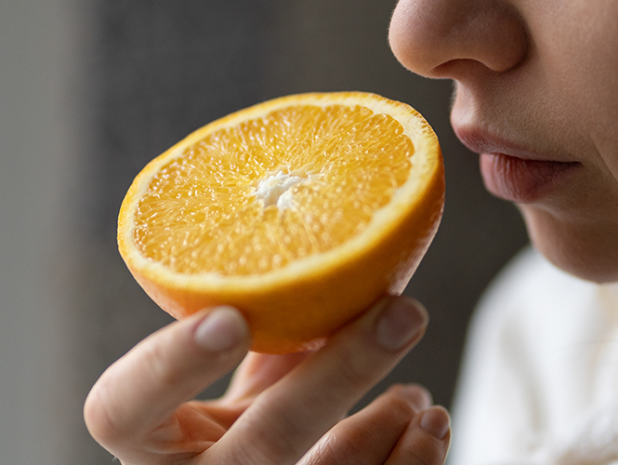
Breaking News
 Unseen Danger of Wireless Tech
Unseen Danger of Wireless Tech
 "Ending the Grip of The Neocons"
"Ending the Grip of The Neocons"
 In Defense of Private Property: Repelling the Rise of Socialism
In Defense of Private Property: Repelling the Rise of Socialism
 Scientists Create Strain Of Bird Flu That Has 100% Death Rate In Mammals
Scientists Create Strain Of Bird Flu That Has 100% Death Rate In Mammals
Top Tech News
 Kawasaki's four-legged robot-horse vehicle is going into production
Kawasaki's four-legged robot-horse vehicle is going into production
 The First Production All-Solid-State Battery Is Here, And It Promises 5-Minute Charging
The First Production All-Solid-State Battery Is Here, And It Promises 5-Minute Charging
 See inside the tech-topia cities billionaires are betting big on developing...
See inside the tech-topia cities billionaires are betting big on developing...
 Storage doesn't get much cheaper than this
Storage doesn't get much cheaper than this
 Laser weapons go mobile on US Army small vehicles
Laser weapons go mobile on US Army small vehicles
 EngineAI T800: Born to Disrupt! #EngineAI #robotics #newtechnology #newproduct
EngineAI T800: Born to Disrupt! #EngineAI #robotics #newtechnology #newproduct
 This Silicon Anode Breakthrough Could Mark A Turning Point For EV Batteries [Update]
This Silicon Anode Breakthrough Could Mark A Turning Point For EV Batteries [Update]
 Travel gadget promises to dry and iron your clothes – totally hands-free
Travel gadget promises to dry and iron your clothes – totally hands-free
 Perfect Aircrete, Kitchen Ingredients.
Perfect Aircrete, Kitchen Ingredients.
 Futuristic pixel-raising display lets you feel what's onscreen
Futuristic pixel-raising display lets you feel what's onscreen
New 10 Minute Treatment Restores Sense of Smell and Taste in Patients with COVID Parosmia

While most COVID patients did recover their sense of smell over time, some patients however continue to have these symptoms for months, or even years, after infection.
Lead author professor Adam Zoga said that post-COVID parosmia is increasingly being recognized, and that patients can develop distaste for foods or drinks they used to enjoy.
"Parosmia has previously been reported as a rare disorder occurring after brain trauma, brain surgery, stroke, viral syndromes, and with some head and neck tumors," said Zoga. "We were not entirely confident that the procedure would work for parosmia."
The treatment involves injecting anesthetic directly into the stellate ganglion on one side of the neck to stimulate the autonomic nervous system, which is accurately achieved with CT guidance.
The minimally invasive procedure takes less than 10 minutes, and no sedation is necessary. It's been used to treat several other conditions including cluster headaches, phantom limb pain, Raynaud's and Meniere's syndromes, angina, and cardiac arrhythmia.
For the study, 54 patients were referred by an ear, nose, and throat specialist after at least six months of post-COVID parosmia that was resistant to pharmaceutical and topical therapies.
The researchers added a small dose of corticosteroid to the anesthetic, suspecting that the COVID virus may be causing nerve inflammation.



